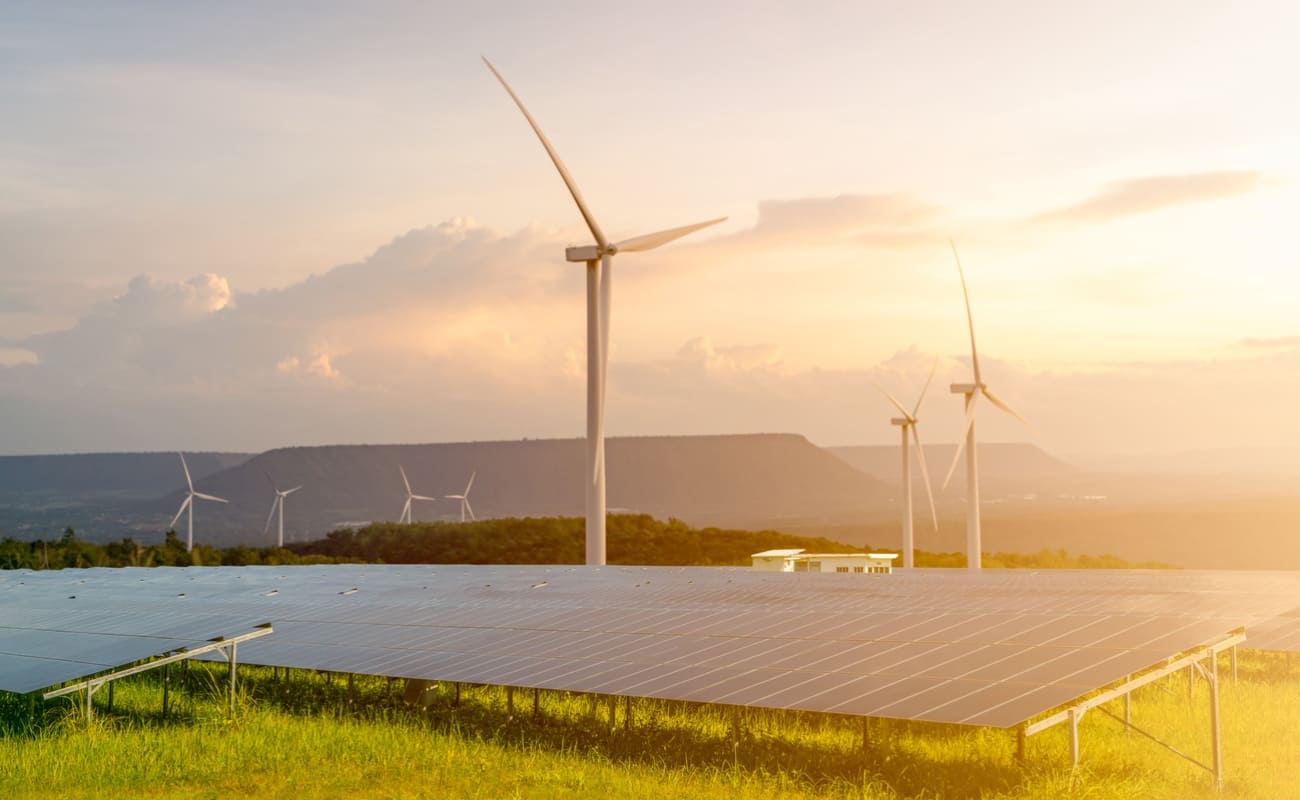
Effects of CO2-stream impurities on CO2 transport and storage
Up to 5.000.000€
Description
The main goal of this opportunity is to improve the design and safe operation of CO2 transport and storage systems, with a special focus on the effects of impurities in CO2 streams. It aims to deepen understanding of how impure CO2 impacts pipelines, shipping, and storage complexes. The opportunity also seeks to inform best practices and contribute to standardization, offering recommendations for design, operation, and safety. Key focus areas include flow and corrosion modeling, geochemical interactions, and generating experimental data. Projects should address ways to reduce negative impacts caused by impurities in CO2 during transport and storage, with activities relevant to eligible countries under the Horizon Europe Programme.
Admissible Projects
-
Investigate the impacts of impurities in CO₂ streams on transport infrastructure (e.g. pipelines, compression, valves, ships).
-
Generate experimental data on thermophysical and corrosive properties of CO₂-rich mixtures under CCS-relevant conditions.
-
Provide recommendations for design and operation, including material selection, monitoring strategies, and protective measures to maintain infrastructure integrity.
-
Assess effects of impurities on storage site behavior and geochemical interactions in geological formations.
-
Evaluate impacts on non-metallic components of transport/storage systems (e.g. gaskets, seals, instrumentation).
-
Address implications for public health and safety due to impurity-induced risks.
Examples:
- A research project modeling how impurities in CO2 affect pipeline corrosion rates.
- A collaborative study generating experimental data on CO2 storage in different geological settings.
- A project developing safety guidelines for shipping impure CO2 between countries.
Eligible Expenses
- Personnel costs for researchers and technical staff
- Equipment and laboratory materials needed for experiments
- Costs for modeling and simulation software
- Travel and accommodation for project meetings and fieldwork
- Subcontracting for specialized analyses or services
- Data collection and analysis expenses
- Dissemination and communication activities
- Costs for organizing workshops or stakeholder engagement events
- Overhead and indirect costs
All expenses must fit within the lump sum funding model set by the Horizon Europe Programme.
Financial Information
- Budget for this Call: 10.000.000€
- Number of Grants attributed: 2
- Budget per project: 5.000.000€
Eligibility Criteria
- Must form a consortium of at least three independent legal entities established in three different eligible countries (EU Member States or Horizon-associated countries), with at least one partner based in an EU Member State.
- All participants must demonstrate financial and operational capacity in accordance with Horizon Europe Annex B and C.
- Proposals must address the effects of CO₂-stream impurities on transport (pipelines or ship offloading) and/or storage infrastructure. This includes modelling, experimental work, and guidance for operators, regulators, and equipment providers on material integrity, corrosion risk, monitoring systems, and public safety considerations.
- Selected projects should provide recommendations for pipeline and storage system design and operation, including mitigating measures and specifications around impurity limits.
- They are also expected to engage in pre-normative research to support standardisation bodies like CEN, ISO, ETSI, and CENELEC.
- Standard Horizon Europe rules on ethics, integrity, exclusion, conflict-of-interest, and legal compliance apply, following General Annex B–C
Get matched with our experts

Need help applying?
Effects of CO2-stream impurities on CO2 transport and storage
5
Specialized Consultants
SMART Application Package

Initial meeting to confirm eligibility.
Connection with the best specialized consultant for the incentive and industry.
Complete management and submission of application.
Timeline
May 6, 2025
Opening of the Call for Proposals
The start date for submitting proposals for the opportunity.
Sept. 2, 2025
Closing of the Call for Proposals
The final date for submitting proposals before the evaluation process begins.
May 6, 2025
Opening of the Call for Proposals
The start date for submitting proposals for the opportunity.
Sept. 2, 2025
Closing of the Call for Proposals
The final date for submitting proposals before the evaluation process begins.
